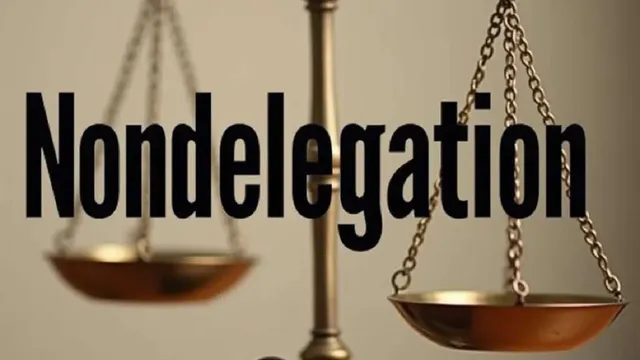
Supreme Court finds limits on executive delegation of power
2025-06-27 00:00- The Supreme Court ruled that unfettered delegation of authority to the executive is unconstitutional.
- In a landmark decision, the Court established the need for mandatory constraints on revenue-raising powers.
- This ruling is anticipated to have far-reaching consequences for the enforcement of executive power limits.
Express your sentiment!
Insights
The Supreme Court recently addressed the issue of legislative delegation to the executive branch in the case of FCC v. Consumers Research. The Court, in a majority opinion delivered by Justice Elena Kagan, emphasized that unlimited delegation of authority to raise fees is unconstitutional. Although the Court upheld the valid statutory foundation for the universal service fee, it noted that the 1996 statute imposes specific constraints limiting the FCC's revenue-raising power. Justice Kagan’s opinion highlighted that merely having a numeric cap does not preclude constitutional concerns regarding nondelegation. This ruling has implications for future executive actions, especially in the context of national emergencies under the International Emergency Economic Powers Act (IEEPA), where the executive branch has broad discretion. This decision is seen as a positive development for advocates seeking stricter enforcement of limits on executive power. Concurrently, the Supreme Court addressed additional significant matters, including the limitations on nationwide injunctions and parents' rights concerning educational curricula, indicating a pivotal moment in the courts' approach to legislative and executive boundaries.